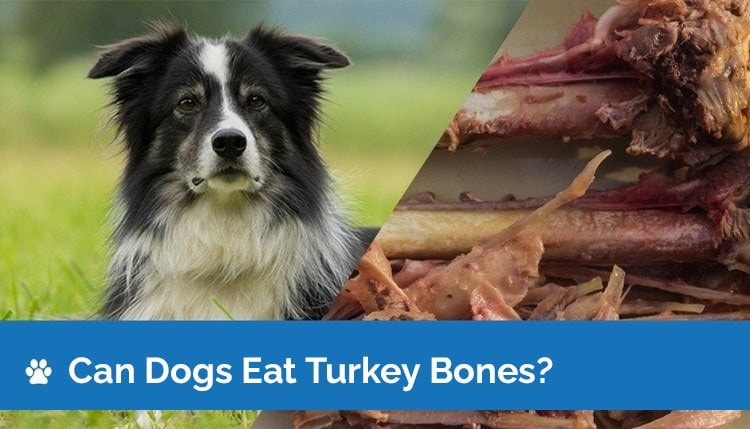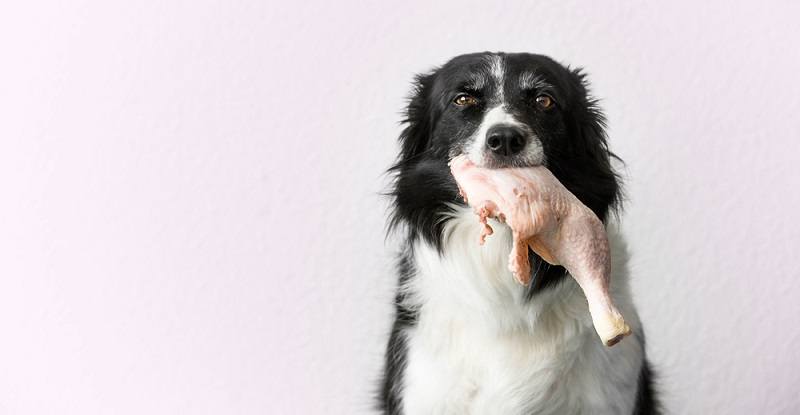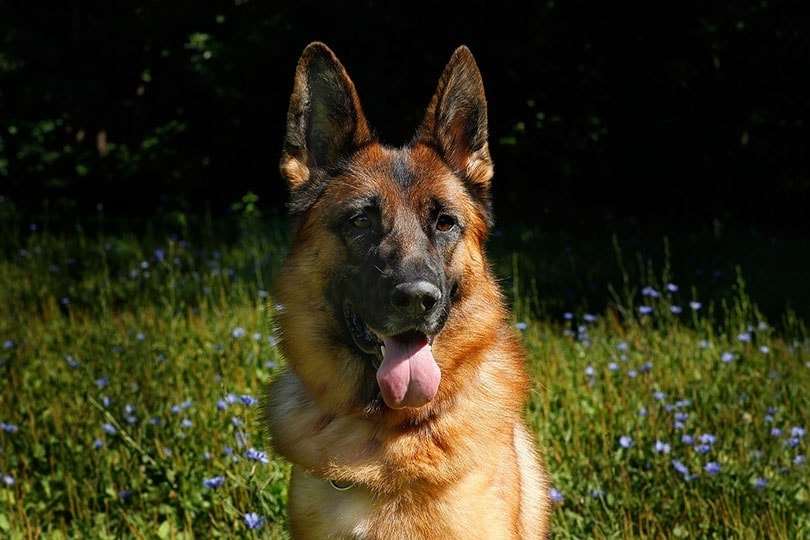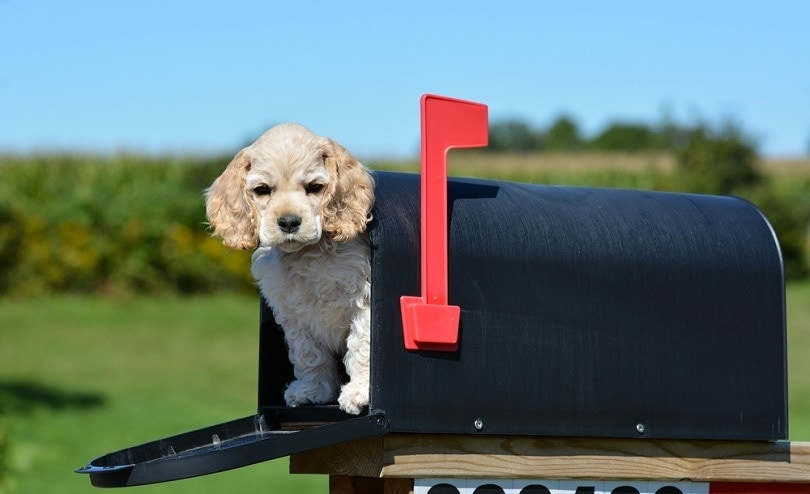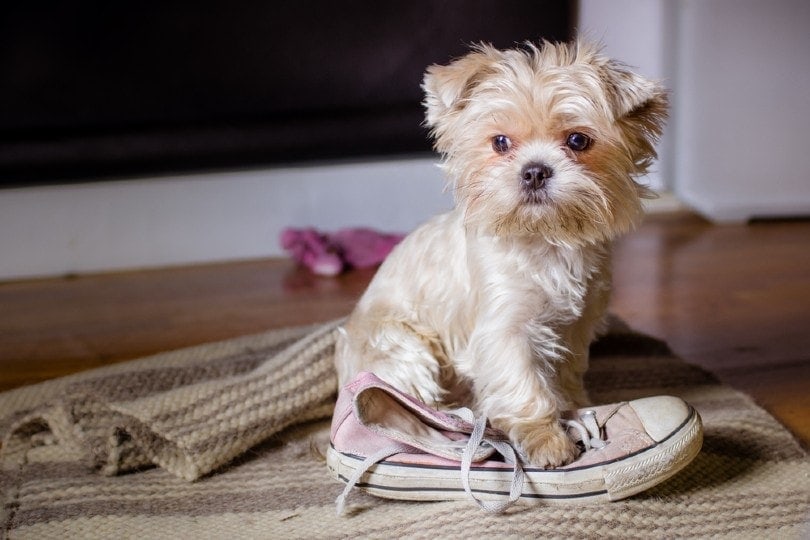There’s a reason why dogs are called man’s best friend. We form very special bonds with our dogs and they hold a special place in our families. So, it only makes sense that we want to feed our dogs as well as we feed the rest of the family.
While this isn’t such a bad thing when it comes to certain foods, it can be quite dangerous with other foods. Even ones that seem to be quite innocuous, such as turkey bones. So, no, you should not feed your dog turkey bones from your plate.
You might ask, what’s the big deal? People give bones to dogs all the time! In fact, if you take a trip down the aisle of any pet store you’re bound to see dozens of different bones in all shapes and sizes.
This is a reasonable objection. Although they may all be bones, there are some differences between turkey bones from your dinner plate and the bones you might purchase for your pet at the store.
What’s Wrong With Turkey Bones?
If some bones are OK for dogs, what’s wrong with turkey bones? Excellent question.
Turkey bones, especially once they’ve been cooked, are quite brittle. When your dog bites into them, unlike the bones you purchase at the local pet store, the turkey bones will splinter into pieces. This is where the problems begin.
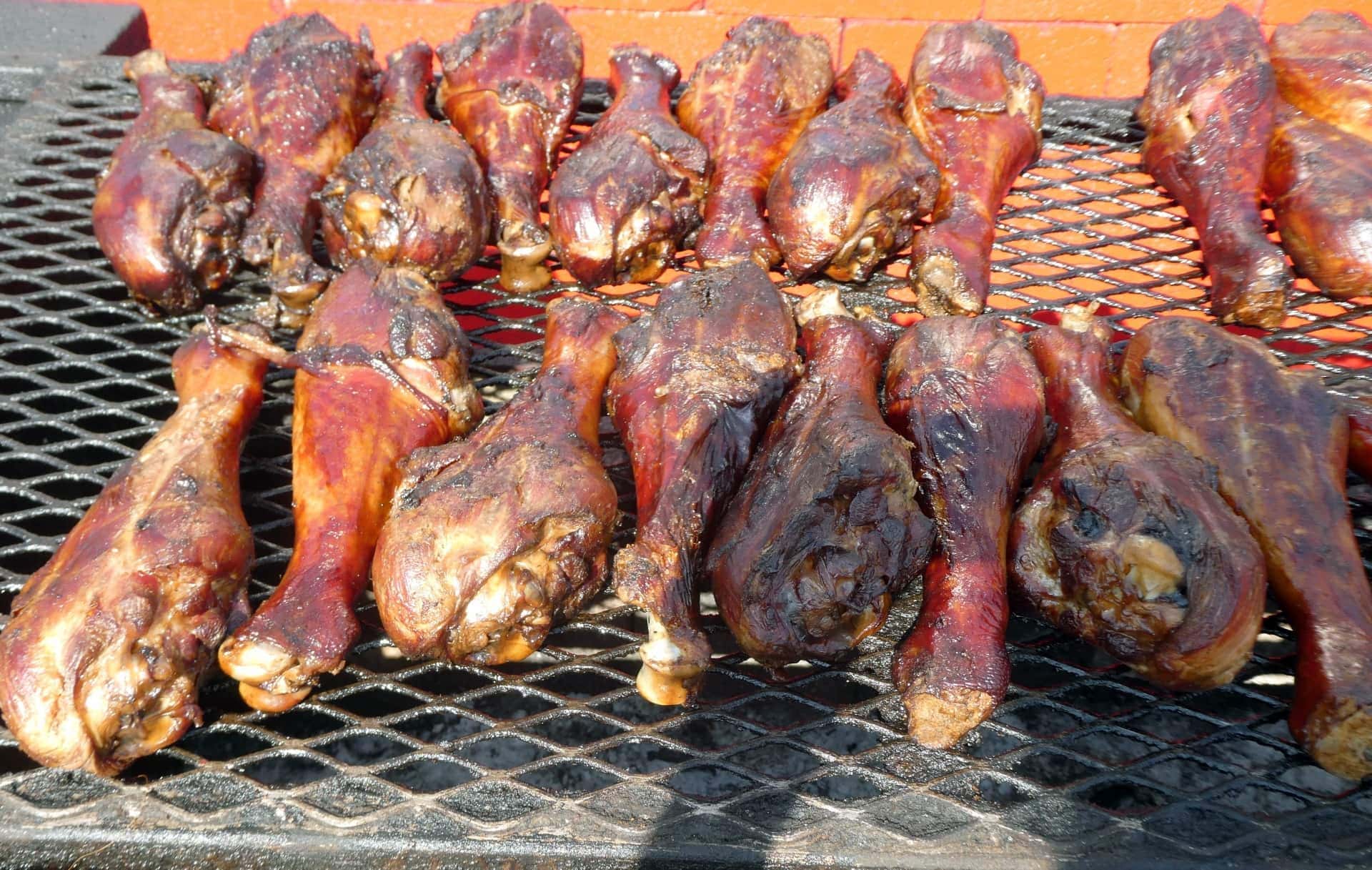
It Starts With The Mouth
Those splintered pieces of turkey bone can cause some serious harm to your dog. Let’s start at the mouth.
Splintered fragments of bone can get stuck in your dog’s teeth and can cut your dog’s gums, cheeks, tongue, and more. This can cause bleeding and pain, which will continue to pester your dog until the fragments are removed.
And that’s if the splinters of bone just get stuck in-between your dog’s teeth. It’s also possible that biting into that bone actually breaks your dog’s teeth! Not only is this going to be an expensive visit to the vet, but it’s also going to hurt your dog quite a lot.
Internal Issues Arise
Unfortunately, the mouth is just where the problems begin. Those bone fragments can do just as much or more damage if they make it a bit further into your pup’s digestive tract.
Splintered fragments of bone can cut or even pierce your dog’s throat, stomach, intestines, or any part of its digestive tract. They can also cause just as much damage coming out as they do going in.
It’s going to be quite a tough time getting those bone fragments out, and they’re quite likely to cause some serious damage and discomfort for your pooch. Worse, any cuts they create inside are going to be ripe for infection, which can lead to all sorts of other complications for your canine.
Moreover, those bone fragments can all collect and cause gastrointestinal blockages. So, no matter how you look at it, they’re harmful to your dog.
If The Bones Don’t Fragment
Even if the bones don’t splinter and fragment, they can still pose some potential dangers to your dog. For example, when swallowed, they can easily get stuck in your dog’s trachea or esophagus. Obviously, this would cause them to choke; a scenario that most of us would prefer not to put our dogs in.
What About The Turkey Meat?
Well, if the bones are a no-go for my pup, what about the turkey itself?
Turkey can actually be a healthy treat for a dog. They need lots of lean protein, and turkey is a great source of protein that’s also very low in fat.
But you have to be careful when feeding turkey to a dog. The only part that’s acceptable for your family pet is turkey meat. You’ll have to be very careful about accidentally feeding your dog any bones for all the reasons we’ve previously mentioned.
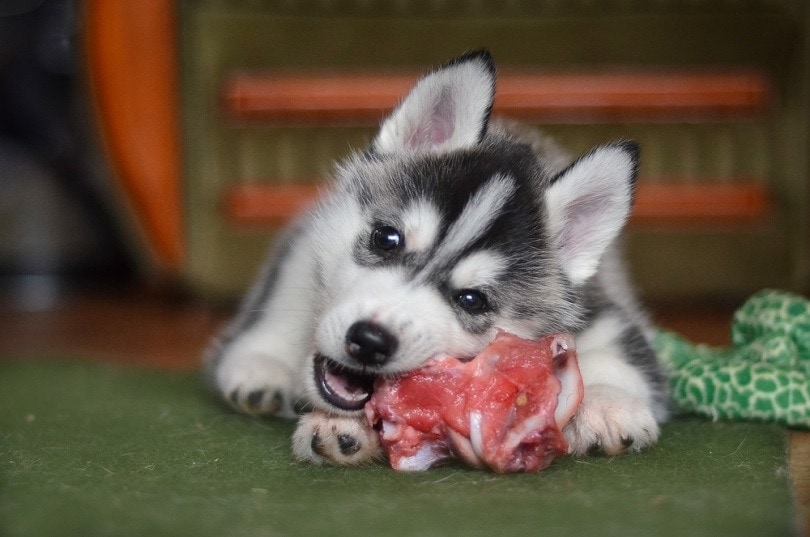
Don’t Feed Your Dog The Turkey Skin
You also need to avoid feeding your dog the fatty skin that covers the turkey. For most people, this is the best part! It’s greasy, a bit crunchy, and has all the best flavor. But for your dog, it’s a different thing entirely.
Your body has no problem breaking down the high amount of fats contained in that greasy turkey skin. But your dog doesn’t naturally have any sources of that much fat in its diet. Because of this, dogs’ stomachs don’t respond well to foods that are too high in fat.
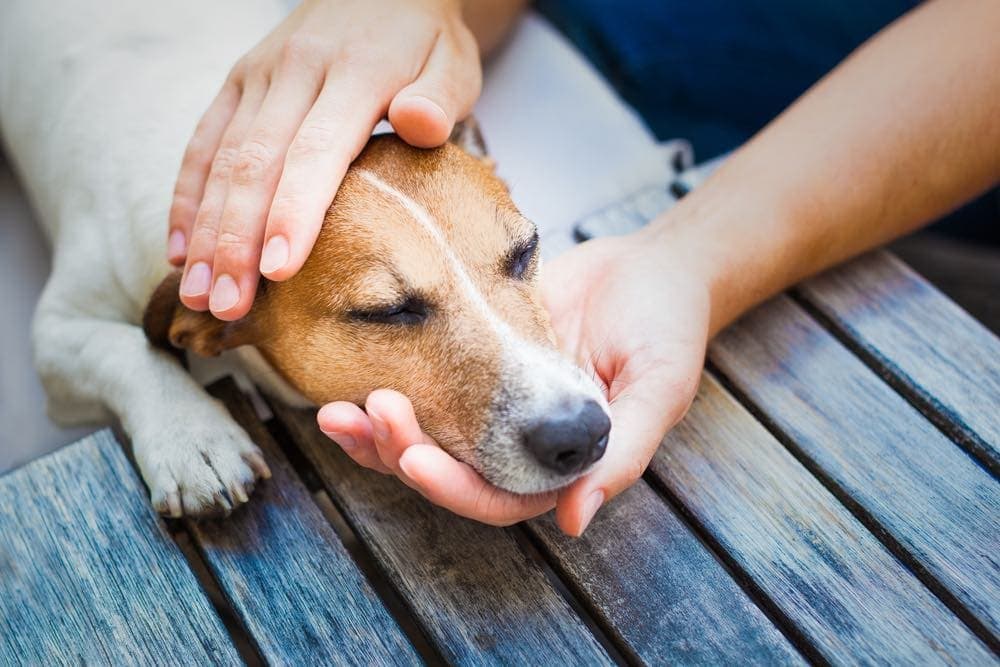
Conclusion
Many of us love to feed our dogs the ends of our dinner plates. While this is acceptable with some foods, certain foods shouldn’t be fed to our dogs. Though they may be safe foods for us to eat, they can have very different effects when fed to our beloved pups.
You may love turkey and want to share the bones with your dog as a treat, but you definitely shouldn’t. Those bones can splinter and cause a host of problems for your dog. It might break their teeth, cut their mouth, pierce their digestive tract, cause infections or gastrointestinal blockages, and more.
In the end, it’s just not worth it to risk your dog’s health. Get them a bone from the store instead. It will be much safer and won’t cost you as much in the long run as an expensive vet bill for fixing a broken tooth or an infection in your dog’s stomach!
Featured Image Credit: sheris9, Shutterstock

